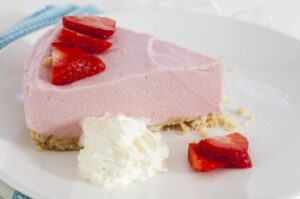
Suggested video What products are in season in January?
Video 1 of 1
Many of us have already had this bad experience: after a night out and drinking, we wake up with a headache, dry mouth and sensitivity to light and noise. Hangover or “veisalgia” its scientific name would be caused by dehydration, although there is no certainty from scientists. But it seems also the distillation of alcohol can also have a real impact on hangovers. According to a 2008 Danish study published in Alcohol an Alchoholism, the less alcohol is distilled, the greater the risk of a hangover!
The distillation of alcohol is the key step in the production of spirits. This process involves heating a fermented liquid, removing impurities and concentrating the desired flavors. However, gin, whiskey or vodka do not undergo the same degree of distillation. According to the study, for equal quantity and quality, dark, less distilled alcohols would be more likely to give you hangover symptoms. Among the least distilled dark alcohols, we find whiskey as well as bourbon, brandy, but also amber rum, red wine or dark beer.
Distillation is not the only factor to consider. Researchers have also highlighted the role of “congeners” in alcoholic beverages. Congeners are substances used to flavor and color beverages. They conclude that alcoholic drinks that contain more congeners produce a more pronounced hangover. This can be the case for dark drinks like amaretto or whiskey for example.
To avoid a hangover, the best thing is to do well hydrate with water after consuming alcohol, eat enough and listen to your limits.
Source:https://www.750g.com/ce-type-d-alcool-aurait-plus-de-chance-de-nous-declencher-une-forte-gueule-de-bois-selon-cette-etude-a36083.htm


